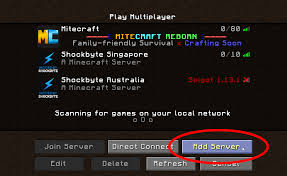In the world of networking and cybersecurity, ports play a crucial proxy tester online role in facilitating communication between devices. Port checkers are tools that help monitor and manage these ports, ensuring they are open, closed, or properly forwarded. In this article, we’ll delve into the specifics of port checkers, how they work, and why they are essential in maintaining a secure and efficient network.
What Are Ports?
Before diving into port checkers, let’s first understand what ports are. In computer networking, a port is a virtual endpoint that allows different services and applications to communicate over the internet or a local network. Think of ports as doors in a building – they allow traffic to flow in and out, but only if the door is open and the right credentials are provided.
How Do Port Checkers Work?
Port checkers are tools or applications that scan a range of ports on a given IP address to determine their status. They can check whether a port is open, closed, or filtered. An open port means that there is a service listening on that port and ready to accept connections. A closed port, on the other hand, means that there is no service listening on that port, and any connection attempt will fail. A filtered port indicates that there is a firewall or other security measure blocking access to that port.
Why Are Port Checkers Important?
Port checkers are essential for several reasons:
- Network Security: By regularly scanning ports, administrators can identify and close any open ports that are not necessary for the operation of the network. This reduces the attack surface and minimizes the risk of unauthorized access.
- Troubleshooting: When network issues arise, port checkers can help diagnose the problem by identifying which ports are open or closed. This information can be crucial in resolving connectivity issues.
- Monitoring: Port checkers can be used to monitor the status of ports over time. This allows administrators to detect any changes or anomalies that may indicate a security breach or other network issue.
- Compliance: Many regulatory requirements, such as the Payment Card Industry Data Security Standard (PCI DSS), require regular port scanning as part of a comprehensive security program. Port checkers help organizations comply with these requirements.
Conclusion:
Port checkers are invaluable tools for maintaining a secure and efficient network. By regularly scanning ports, administrators can ensure that only necessary ports are open, reducing the risk of unauthorized access and improving network performance. If you haven’t already, consider incorporating port checkers into your network security strategy to protect your organization from potential threats.

